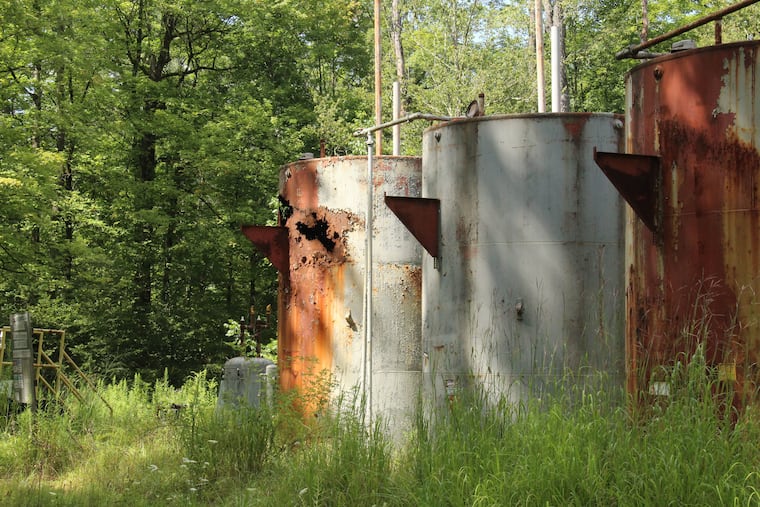Pennsylvania urged to lead in reducing methane pollution amid proposed federal EPA rollbacks.
Methane, an invisible yet potent greenhouse gas, poses significant health and environmental risks to communities in Pennsylvania. Recent assessments conducted across 18 counties reveal extensive methane emissions from oil and gas infrastructure, underscoring the urgent need for a robust state-level response to methane regulation, particularly in the wake of federal environmental rollbacks.
With more than 1.2 million Pennsylvanians residing within half a mile of active oil or gas sites, exposure to methane and co-pollutants such as benzene is a pressing concern. These hazardous substances are linked to increased risks of cancer, respiratory illnesses, and other serious health complications, with children, seniors, and low-income families being particularly vulnerable.
A concerning aspect of Pennsylvania’s oil and gas landscape is the existence of so-called marginal wells, which some authorities claim are too insignificant to regulate. Contrary to this notion, many of these wells are owned by major corporations capable of investing in essential leak detection and repair technologies. Such assets must be included in any comprehensive strategy aimed at tackling methane emissions.
The situation presents an opportunity for Pennsylvania to develop a proactive methane management plan that not only addresses environmental health but also generates good-paying jobs and revitalizes the state’s aging energy infrastructure. The implementation of a strong methane regulation framework can address the environmental crisis while preparing for potential shifts in federal policy.
In light of this, it is crucial for the Pennsylvania Department of Environmental Protection (DEP) to establish state-based methane standards grounded in its legal authority. This approach would ensure the preservation of critical gains outlined in the Environmental Protection Agency’s (EPA) 2023 regulations, while also adapting these measures to the specific needs of Pennsylvania. Key components of this strategy should include more frequent and rigorous inspections, quarterly instrument-based leak monitoring across additional well sites, and swift timelines for repairing identified leaks.
Further strengthening this initiative, the DEP should supplement the EPA’s Super Emitter Program by utilizing new satellite technology to monitor methane emissions effectively and provide essential health resources to affected residents. Additionally, the plan should enforce strict limitations on gas well flaring, allowing it only in scenarios where operators can demonstrate that no feasible alternatives exist.
These regulatory efforts come at a critical time, as the state and broader region experience increasing instances of extreme weather events such as heatwaves, wildfires, and floods. Communities, especially those located near shale fields, face daily challenges from air quality issues linked to oil and gas emissions.
With the stakes at such a high level, Pennsylvania must view federal regulations not as an endpoint, but rather as a foundation upon which to build more comprehensive and stringent measures for methane reduction. The leadership of Governor Josh Shapiro and the DEP is essential in making Pennsylvania a frontrunner in mitigating methane emissions, safeguarding public health, communities, and the environment for future generations.
By addressing these critical issues now, the state stands to make meaningful strides in protecting its residents, enhancing public health, and combating the climate crisis effectively. Media News Source.







